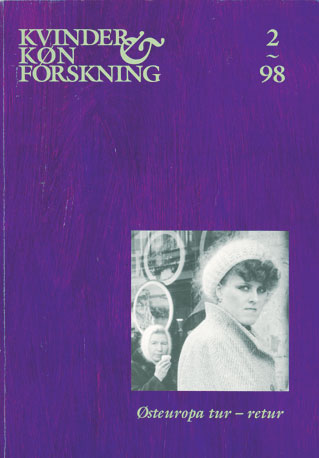De unge og fremtidens ligestillingspolitik
DOI:
https://doi.org/10.7146/kkf.v0i2.28438Abstract
This article discusses the attitude of the young generation towards the question of equal opportunities and social equality in the welfare state. There is a rather large polarization between young women and men as regards their attitudes towards the welfare state. While young women support collectivism and public care, young men express more individualistic, neo-liberal attitudes. But, this polarization is apparently not to be found in the attitudes towards equal opportunities policies: both young men and young women agree, for instance, that discrimination against women does take place. In the second part of the article I argue that it is necessary to develop an active and differentiated equal opportunities strategy for young people. On the one hand, there is a tendency among men and women in their early youth (15-20 years) encounter and negotiate more or less traditional gender relations in the labour market and the family. This demands an attentive and socially aware policy, reflecting the positions of young women and men as gender-specific individuals on their way to create an adult life both in their families and on the labour market.Downloads
Published
1998-04-29
How to Cite
Christensen, A.-D. (1998). De unge og fremtidens ligestillingspolitik. Women, Gender & Research, (2). https://doi.org/10.7146/kkf.v0i2.28438
Issue
Section
Articles
License
Publications in Women, Gender and Research are licensed under Creative Commons License: CC Attribution-NonCommercial 4.0

